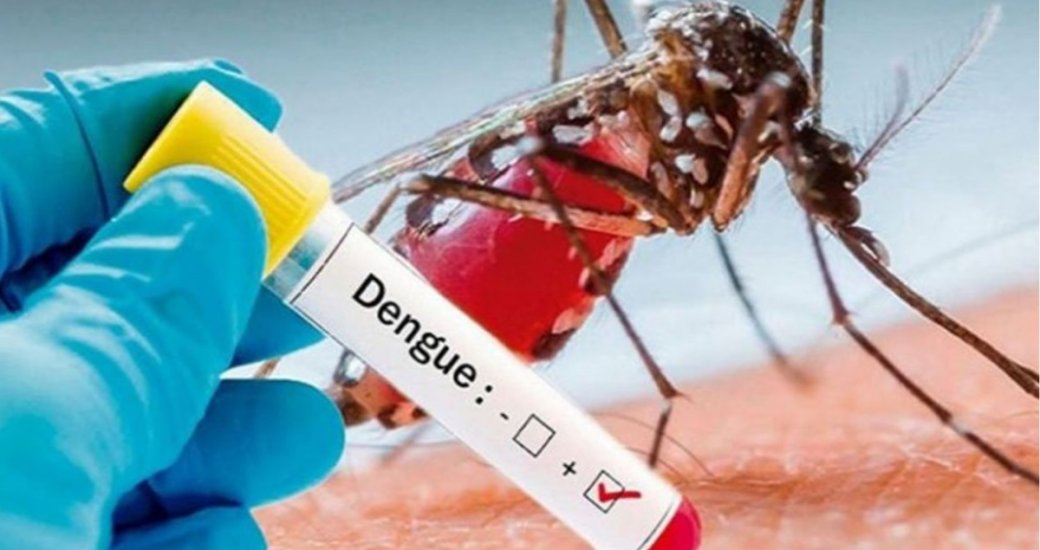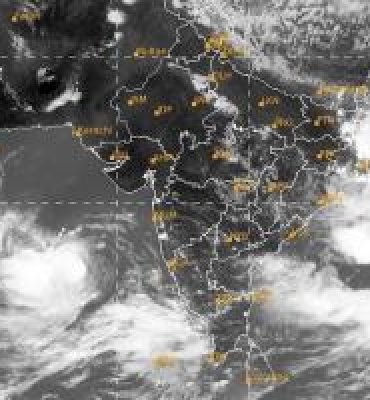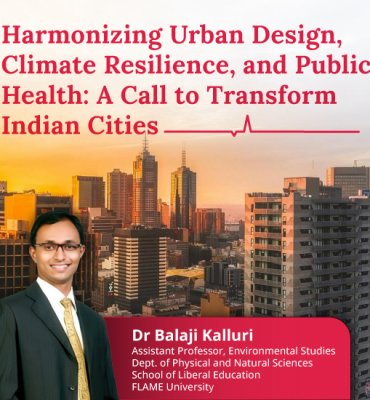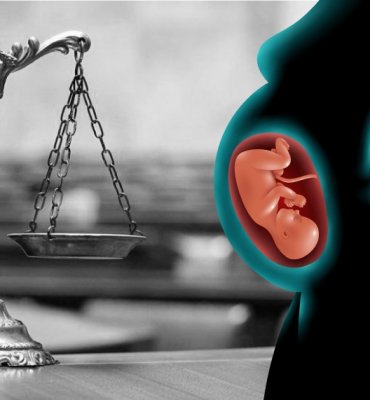
The situation in Rio is particularly alarming, with the city already registering over 10,000 cases of dengue fever since the beginning of the year. This figure surpasses the total number of cases reported throughout the entirety of 2023, indicating a significant escalation in the disease's prevalence within a short span of time.
In response to a concerning uptick in dengue fever cases, the city of Rio de Janeiro has officially declared a health emergency. This declaration comes as part of a broader effort by Brazilian authorities to contain the spread of the mosquito-borne disease, which has seen a staggering quadrupling of incidents in January compared to the same period last year.
The situation in Rio is particularly alarming, with the city already registering over 10,000 cases of dengue fever since the beginning of the year. This figure surpasses the total number of cases reported throughout the entirety of 2023, indicating a significant escalation in the disease's prevalence within a short span of time.
Dengue fever, characterized by symptoms such as fever, severe headache, joint pain, and rash, poses a serious public health threat, prompting urgent action from health authorities. Despite efforts to mitigate the impact of the disease, challenges persist in effectively managing its spread.
One potential avenue for addressing the crisis is the utilization of a dengue vaccine developed by the Japanese pharmaceutical company Takeda. While this vaccine received approval from Brazil's health regulator last year, its distribution remains limited, hindering widespread implementation as a preventative measure.
Eder Gatti, a representative from Brazil's health ministry, acknowledged the constraints posed by the limited availability of vaccine doses, noting that the government intends to prioritize distribution to large municipalities with high rates of dengue transmission. This targeted approach aims to maximize the impact of available resources in areas most severely affected by the outbreak.
In addition to vaccination efforts, Rio de Janeiro authorities have announced plans to establish 10 treatment centers dedicated to providing care for individuals diagnosed with dengue fever. According to Daniel Soranz, the city's health secretary, early intervention is crucial in reducing the severity of cases and preventing fatalities associated with the infection.
In light of the escalating crisis, health officials are urging members of the public to take proactive measures to protect themselves against mosquito bites. This includes the application of insect repellent and the elimination of stagnant water sources where mosquitoes breed, thereby reducing the likelihood of exposure to the disease.
Beyond the immediate response efforts within Rio de Janeiro, the dengue fever outbreak has prompted similar emergency declarations in other regions across Brazil, including the federal district and states such as Minas Gerais, Acre, and Goiás. The widespread nature of the outbreak underscores the urgency of addressing underlying factors contributing to its rapid spread.
Fabio Baccheretti, the health secretary of Minas Gerais, identified high temperatures, exacerbated by the El Niño phenomenon, as a key driver behind the surge in dengue fever cases. These climatic conditions have created conducive environments for mosquito breeding, facilitating the transmission of the viral infection throughout affected regions.
The impact of the dengue fever outbreak extends beyond Brazil, with neighboring countries such as Argentina also reporting an increase in cases. As efforts to contain the spread of the disease continue, collaboration among international stakeholders will be crucial in mitigating its broader impact and safeguarding public health on a global scale.
In the face of mounting challenges, the declaration of a health emergency in Rio de Janeiro represents a pivotal step towards mobilizing resources and coordinating a unified response to the dengue fever outbreak. However, sustained efforts will be required to address the underlying factors driving its transmission and ensure effective prevention and control measures are implemented to safeguard the health and well-being of communities at risk.










